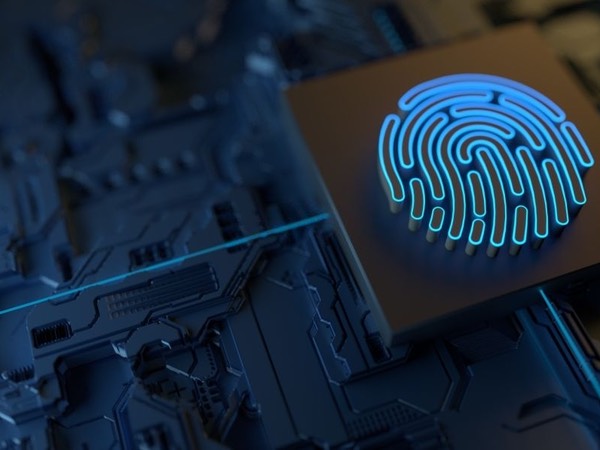You’ve heard the horror stories about hackers stealing innocent people’s IDs, Social Security numbers and tax refunds. You’ve probably heard that hackers steal billions of dollars from people like you every year.
It seems like a day doesn’t go by that a massive data breach spreads your personal information to the Dark Web and to who knows who. Heck, even Walmart recently suffered a data breach that affected more than 1 million people.
Of course, Komando.com has a solution. We’re all about providing you with simple, straightforward tips to protect your money, privacy and ID.
These five tips will boost security and make it far more difficult for hackers to remotely access your computer, laptop or smartphone. For you, it’s as easy as 1-2-3 … 4-5!
1. Use many passwords
There’s almost nothing more frustrating than computer and internet passwords. There are so many of them and, no matter how hard you try to remember them, you end up re-setting most of your passwords every time you use them.
You might have an easy-to-remember password or passphrase that’s difficult for hackers to figure out. Maybe yours is, MySon1zFrancisco!
A password like that is pretty secure. It’s easy for you to remember, it’s relatively long and it has a combination of uppercase letters, lowercase letters, numbers and symbols.
The bad news? No matter how challenging it would be for a hacker to guess a complex password, it would be super easy for them to figure it out if you’re the victim of a data breach.
If you use the same password for your bank’s website, Facebook, your mortgage company and so on, hackers will use that single password to access your personal information and financial records. You must use many different, difficult-to-crack passwords, ideally one for each site you access.
Don’t panic! Just use a FREE password manager. You’ll only need to remember one password or passphrase to access it.
Once in, it securely stores multiple passwords. You can even have some password managers create passwords for you.
2. Backup files
Don’t worry – backing up your computer keeps getting easier and easier. For starters, you won’t need a DVD and a DVD burner, like you probably once used to save the files on your computer, in case it froze, broke or was stolen.
These days, you have loads of options to backup files. You might pay for a service that automatically backs up your files – that’s a good option, especially if you frequently create documents with sensitive information or that would take hours to recreate.
You can buy an external hard-drive to save copies of everything on your computer. If your computer goes kaput, you simply use a new one to access your stored files.
You could also use a cloud-based site to save your files. In fact, if you’re an Amazon Prime member, you already have access to Amazon Drive.
You can set it up on your smartphone, for instance, to automatically create copies of every photo you take. Amazon stores the copy in the cloud.
You can also use it, and similar services from Google, Microsoft and other companies, to save copies of your documents, reports and other files. Many of these cloud-based services are FREE.
3. Overshare less
We live in a generation of oversharing. People have been oversharing the details of their personal lives on reality TV shows for years.
These days, it seems everyone shares too many details on Facebook and other social media platforms. It’s often innocent oversharing, like your friend who “checks in” to every restaurant so you always know what she’s eating.
Unfortunately, it’s easy to overshare with hackers, too. How often do you mindlessly click through buttons that say, Allow Access?
If you’re playing an online game or entering a contest, it’s understandable. You want to win!
Stop and think about what you’re doing before you give a complete stranger access to your information. Plus, NEVER post your address or other personal information on social media sites.
4. Update software
We regularly tell you about software patches from Microsoft, Google and other companies. These security updates fix holes in software coding that hackers can exploit to access your computer.
Be sure to accept security updates from trustworthy companies. You can also check your operating system to make sure it’s using the latest version.
For Windows 10, do this: Click on the start button (window icon in lower-left corner of screen) >> Settings >> Update & Security >> Check for Updates.
5. Install security software
Your computer is never completely secure without an anti-virus software program. They often automatically scan for, and eradicate viruses, malware, ransonware and more.
You can often find FREE software to keep your personal information safe. Ask you internet service provider – often, your cable TV company – if they offer free protection.
Or use a FREE security software like Malwarebytes – install if for free and let it do it’s job. It’s that simple.



